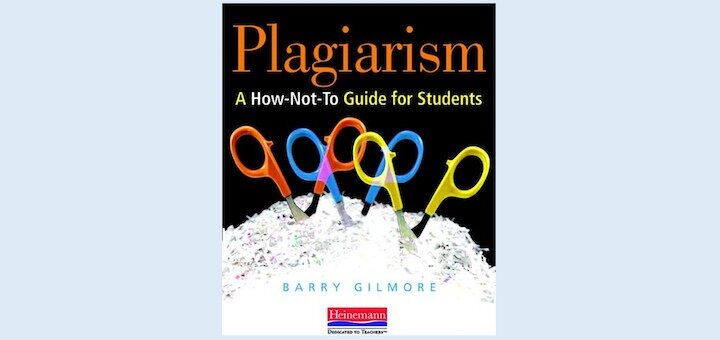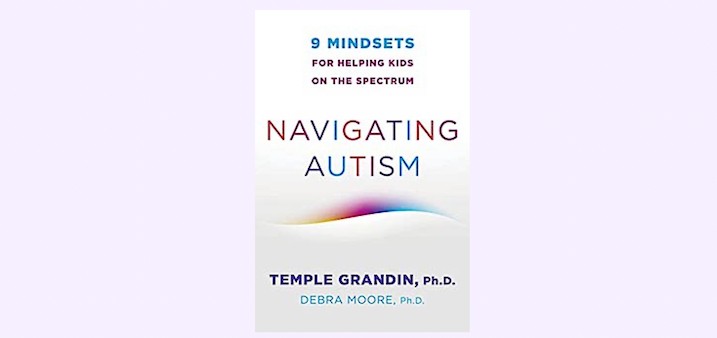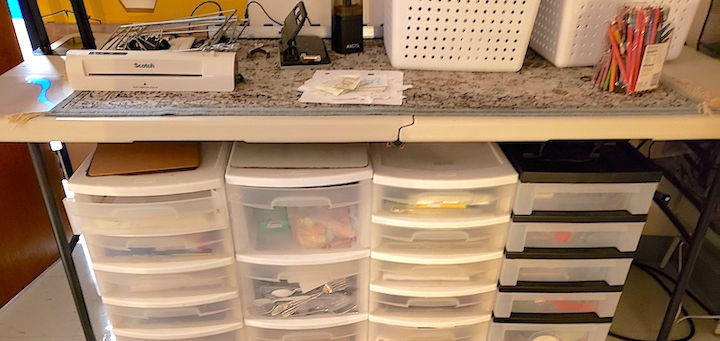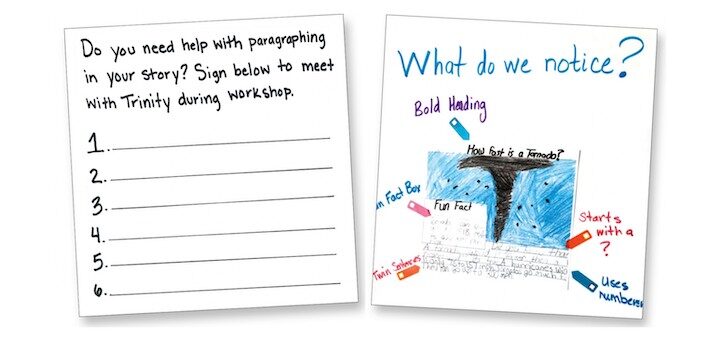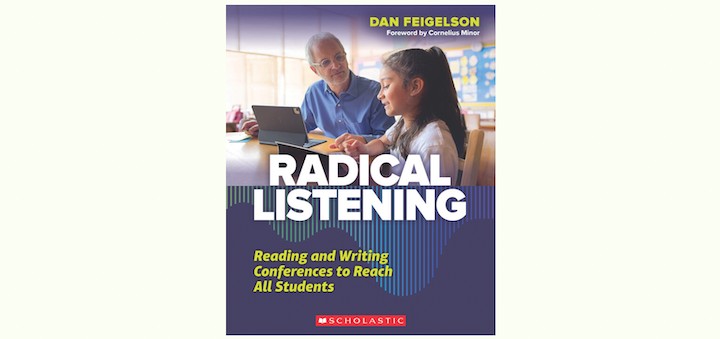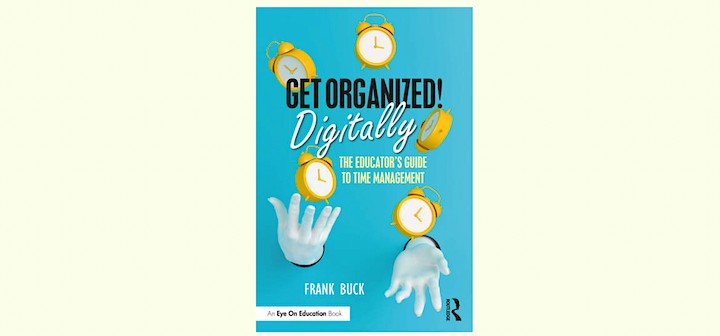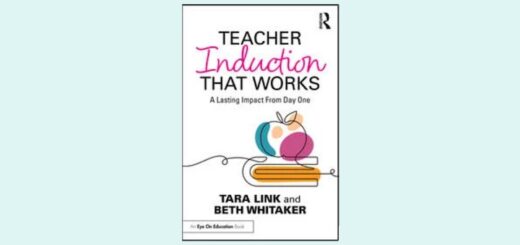Teaching and learning in grades 4-8
Barry Gilmore’s Plagiarism: A How-Not-To Guide for Students helps learners understand the motivation behind plagiarism and discusses ways to avoid it in both academic and employment settings. Eighth grade teacher Erin Corrigan-Smith also recommends the teacher’s edition.
Grandin & Moore’s Navigating Autism invites readers into that perfect space for learning between familiar territory and new information, writes middle school dean Bill Ivey. The nine mindsets explored can benefit kids on the spectrum as well as the whole spectrum of kids.
This school year the chronic student supplies problem has been worsened by lack of school funding, inflation, increasing expectations for digital devices, and the pandemic’s devastating financial impact. Middle grades teacher Dina Strasser shares one equitable solution.
When Stephanie Farley coaxes her students into a good frame of mind – happy, relaxed, confident – they learn more, just as positivity research predicts. Join her as she shares 10 joy-inducing methods – including dogs – and suggests ways to reach across content.
Lisa Eickholdt and Patty Vitale-Reilly’s favorite student collaboration is the Writing Club – an opportunity for kids to write in authentic, engaging, and creative ways. They prepare a foundation for this work with read-alouds, feedback structures, partnering activities, and more.
Literacy consultant Anne Anderson recommends fellow literacy teachers and coaches keep Dan Feigelson’s Radical Listening near at hand. Implementing the book’s detailed guidelines for active listening during reading and writing conferences will benefit all of your learners.
The first step to taking control of your time is making the effort, and educator Frank Buck’s “Get Organized Digitally!” provides the rungs of the ladder to get you there. Department chair Stephanie Choate says Buck inserts educator success stories in just the right places. Highly recommended.
Unexpected events in classrooms steal precious teaching time and lead to frustrated students and teachers. Expected routines provide comfort and familiarity so students can focus on the challenges of learning new things. Teacher Kelly Owens shares her routine-building strategies.
Consultants Ron Williamson and Barbara Blackburn counsel that dealing with change promptly, engaging actively in social media, and achieving work-life balance are central tasks that will help school leaders not only survive but also thrive as they run this year’s marathon.
Fresh teaching ideas engulf math teachers each fall. Which strategies take priority as we seek to help students have the best year ever? Teacher and coach Mona Iehl recommends three: build classroom community, review and augment resources, and select engaging lesson formats.

